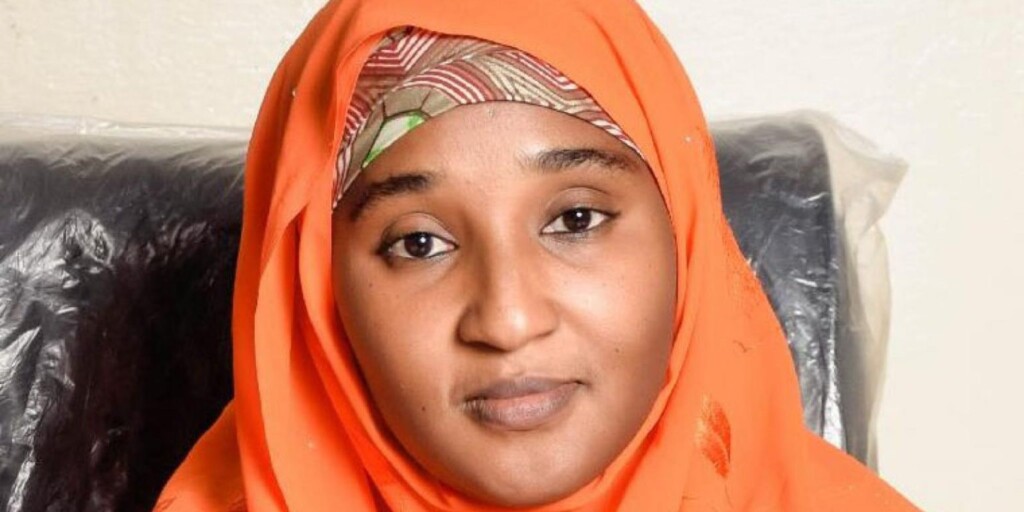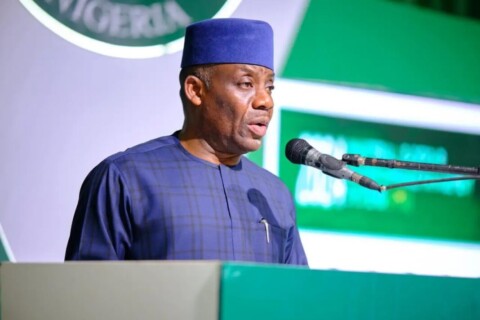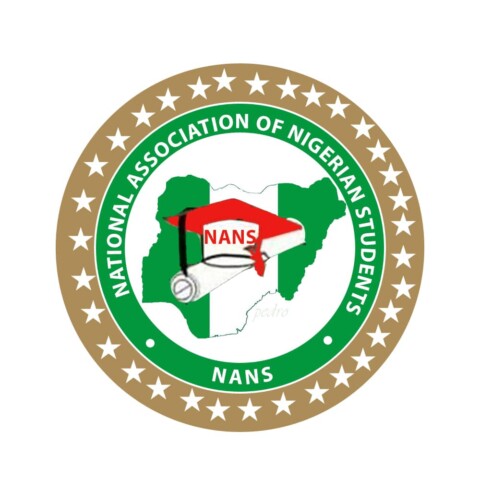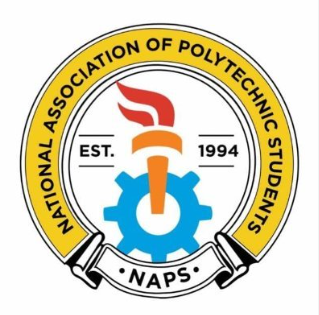The Federal Government, in collaboration with education stakeholders, has begun steps to promote inclusive, safe, and gender-sensitive learning environments across Nigeria. This move aims to strengthen the nation’s commitment to equitable and accessible education for all learners, particularly those with disabilities and from disadvantaged backgrounds.
The initiative was launched during a capacity-building workshop held in Abuja on Thursday by the National Senior Secondary Education Commission (NSSEC). The workshop brought together Special Education Desk Officers from the 36 states and the Federal Capital Territory, focusing on the theme: “Promoting Inclusive, Safe, and Gender-Sensitive Learning Environments for All.”
Speaking at the event, Minister of State for Education, Professor Suwaiba Ahmad, called on school proprietors, state governments, and development partners to join hands in driving the implementation of inclusive education and gender equity in schools. Represented by Kehinde Osinaike, Deputy Director in the Science and Technology Department of the ministry, the minister emphasised the need to move beyond rhetoric and ensure policies are translated into real actions.
She noted that the National Policy on Inclusive Education was created to eliminate learning barriers and promote equal access to quality education, particularly for learners living with disabilities. Additionally, she referenced the National Policy on Gender Education, which provides a roadmap for eliminating gender disparities and creating equal opportunities for boys and girls in the education sector. Professor Ahmad reaffirmed the administration’s dedication to these objectives, stating that President Bola Tinubu remains committed to advancing inclusive and equitable education across the country.
In his remarks, the Executive Secretary of NSSEC, Dr Iyela Ajayi, said the workshop was aimed at equipping Special Education Desk Officers with the tools and knowledge needed to implement inclusive practices and address gender-based violence in schools. He described the officers as critical players in ensuring inclusive education becomes a reality in classrooms nationwide.
According to Dr Ajayi, transforming senior secondary schools into inclusive and safe spaces requires empowering those who are directly linked to school communities. He urged the desk officers to act as advocates and change-makers, helping to foster a culture of acceptance and ensuring that no learner is left behind due to their gender, abilities, or background.
Also speaking at the event, the Executive Secretary of the National Commission for Persons with Disabilities, Ayuba Gufwan, highlighted the scale of the challenge. He revealed that over 35.5 million Nigerians are living with various forms of disabilities, stressing the urgent need to address the structural and societal obstacles they face, particularly in the education sector.
Gufwan expressed concern that most schools lack basic accessibility features such as ramps, making it difficult for students with physical disabilities to navigate school environments. He further urged stakeholders to recognise that everyone lives with some form of limitation, whether visible or not, and that creating inclusive learning spaces must be treated as a collective responsibility.





